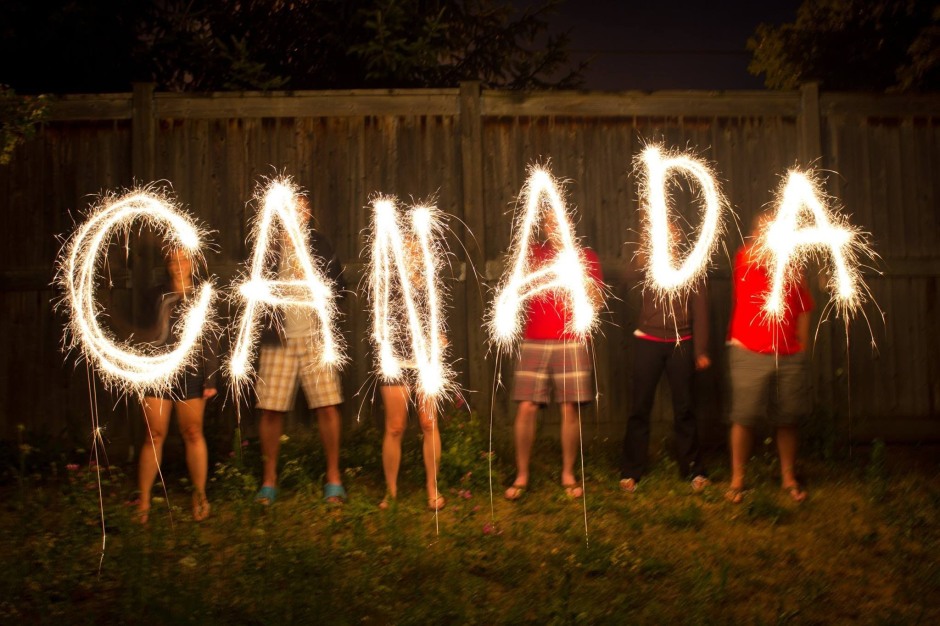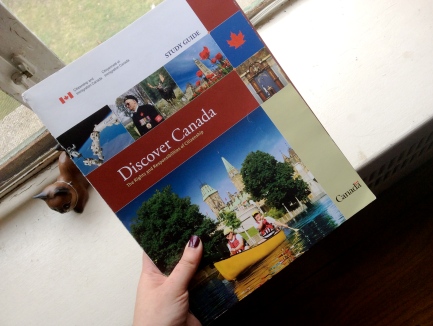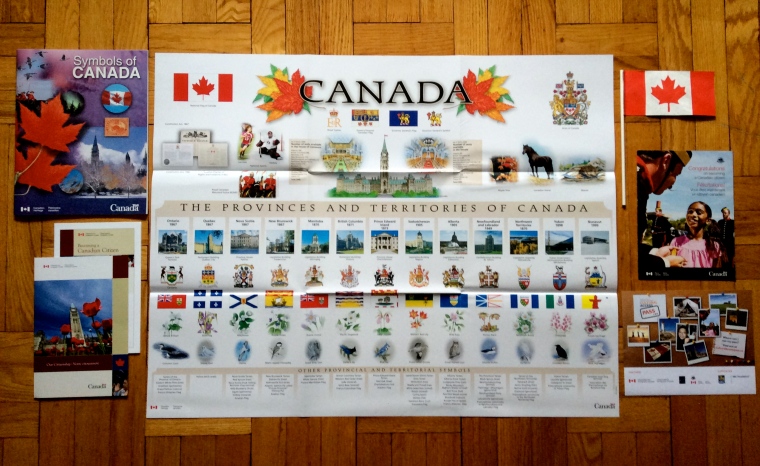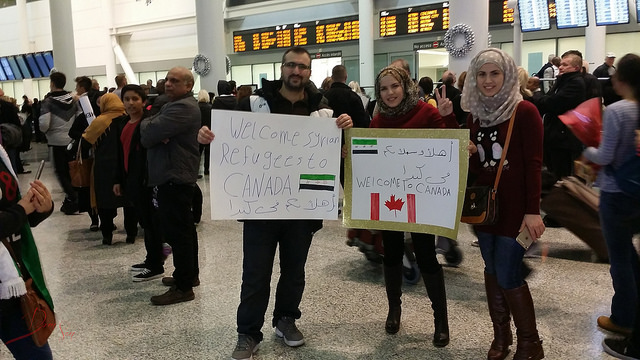While thousands of refugees have already arrived in Toronto, many more are expected to follow. I spoke with my friend Hinna Hatif, who was a refugee before moving to Canada 14 years ago, to get an idea of how her situation, attitude, and perspective differs from that of other immigrants.
Where did you emigrate from?
My family and I moved to Canada from India but I am originally from Afghanistan. We took refuge in India after the civil war started in Afghanistan and survival became difficult. The life threatening circumstances drove us out of our country, which my family never intended to leave.
Why did you come to Canada?
Most of my family migrated to Europe, which is where we were also headed but they advised us to move to Canada because it would be easier for us to advance here since we all knew english. Members of my family also lived in Toronto and were very happy here, which made the decision much easier for us.
How were the first ten years like for you and your family?
The first ten years were great and so were the last four years. Every moment spent in Canada is a moment to be thankful for. Our lives in India were very different. We were living comfortably however we were very distant from all our relatives. We were not able to travel with our Afghan passports because a lot of countries do not issue visas on Afghan passports and so we were not able to see our families unless they visited us.
My mom was only able to see her family after we received our Canadian passports. I will never forget the day I met some of my family for the first time in Europe after 16 years of being separated from them.
What are you up to now?
I work as the Administrative Support to the Marketing and Communications team at OntarioMD, which is a non-for-profit organization that certifies companies who provide physicians and clinics with Electronic Medical Records (EMRs). They also work on new initiatives to improve Ontario’s health care.
Over the years I have been very involved in the community especially the Afghan community in terms of running to become the president of the Afghan Student’s Association at York University. I have always enjoyed organizing events and getting the community together and involved.
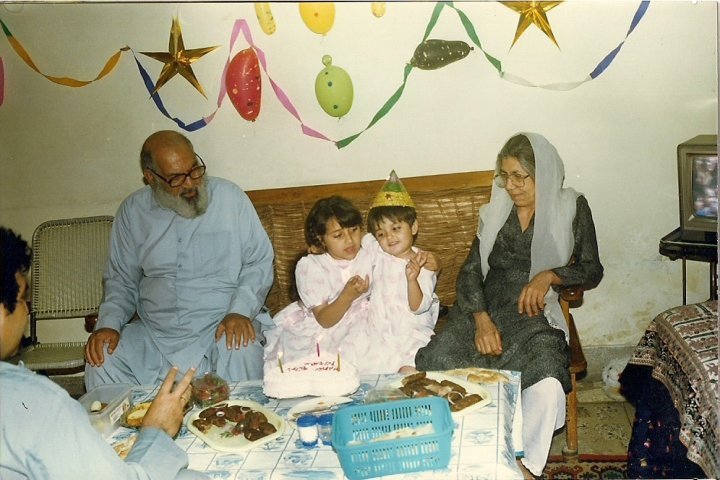
How have other members of your family adjusted?
My dad work as a mechanic with his brother. They have a garage and a dealership in Toronto and love what they do. My mom works at a daycare right by our house, and since she loves children, she naturally enjoys her job as well.
My sister wants to become a police officer and serve the city that gave her a new life. She is in her final years of completing Seneca College’s Social Work program. My little brother is 12 but he has a lot of aspirations. He wants to become a professional soccer player when he grows up.
Biggest struggle you faced when you first came to Toronto?
The cold…definitely the cold. We landed in Canada on a cold winter day in February, which is one of the coldest months of the winter. Having lived in a hot country for many years, it was hard for me to even adjust my breathing in such cold temperatures but I learned.
What shocked you the most when you came here?
A lot of things! I remember the first thing I smelled as we left customs was the smell of coffee. It was very alien to me and until today the smell of Tim Hortons coffee reminds me of my first day in Canada. I also remember looking out the window of our room in COSTI Immigrant Services, which is where we stayed for two days before moving into my uncle’s house, and seeing snow for the first time. It was always a dream of mine to see real snowflakes and I couldn’t wait to go outside and play in the snow.
I was also amazed at the fact that you could drink water straight from the tap because tap water was clean. In India we had to boil our water in order to drink it since it wasn’t safe. Our electricity would also often go out and it was always the worst during the hot summer days. I remember being amazed that electricity was always on in Canada. I will never forget the nights my family and I spent staying up all night because it was too hot to sleep and there was no electricity so we had to go to the roof of our house and sleep on cots in order to get some fresh air, but the air was never fresh, just recycled, polluted air and lots of mosquitos.
Any tips for other refugees coming to Toronto?
Please take advantage of the education system in Toronto and in Canada. Educate yourself to your fullest capacity. I don’t know where or what I would be doing if I was still in Afghanistan or in India and sometimes even thinking about it scares me. Our parents make a very hard journey that we as their children take for granted. It’s not easy to leave everything and everyone you know behind but they do it for us so my advice to newcomers is to make your parents proud and make something out of yourselves so that you can help support them the way that they helped support you.
If you’d like to learn more about Hinna and her news broadcasting work with Vibe FM, you can check out her page here.



